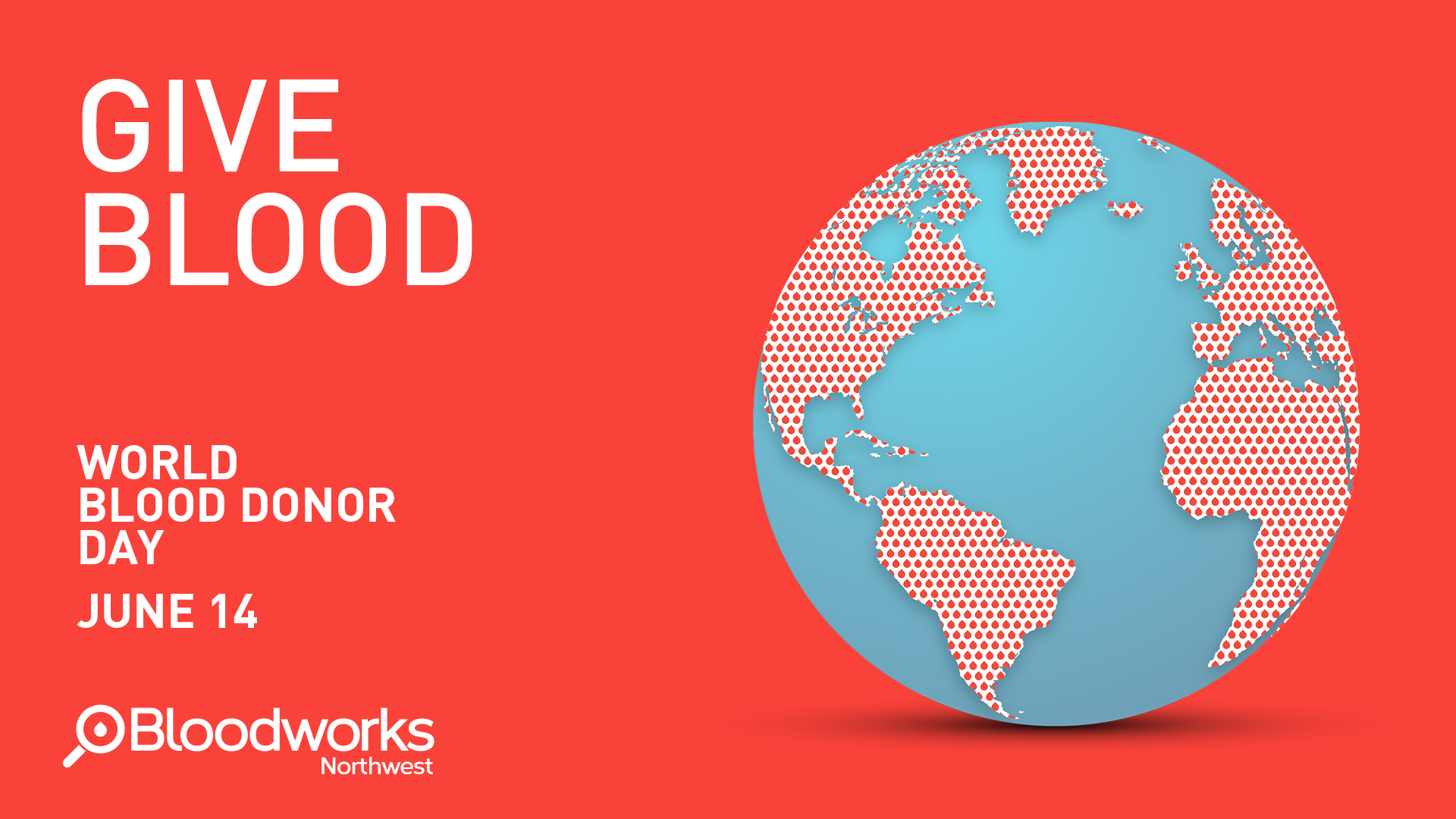In order to donate plasma, you must:
- Be at least 18 years old
- Be in good overall health
- Weigh 110 pounds or more (50 kilograms)
- Pass a medical screening
- Test negative for viruses that can be passed through blood, like HIV and hepatitis
- Complete a medical history screening
- Be at least 18 years old.
- Be in good overall health.
- Weigh 110 pounds or more (50 kilograms)
- Pass a medical screening.
- Test negative for viruses that can be passed through blood, like HIV and hepatitis.
- Complete a medical history screening.
Can you really make money donating your plasma?
What should I do before I donate plasma? Ensure you are well hydrated: drink 4-6 eight-ounce glasses of water, fruit juice or other caffeine-free liquid at least 2 to 3 hours before donation; Avoid caffeinated beverages; Avoid nicotine or alcohol before or after donating plasma; Eat a well-balanced, non-fatty meal in the hours before you donate
What foods are good for donating plasma?
In order to donate plasma, you must: Be at least 18 years old Be in good overall health Weigh 110 pounds or more (50 kilograms) Pass a medical screening Test negative for viruses that can be passed through blood, like HIV and hepatitis Complete a medical history screening
How to make money donating plasma?
Donating plasma is simple – but the number one reason new donors are turned away is because they forget their IDs. Make sure you bring everything on the list so we can check you in quickly. A valid photo ID This can include a driver's license, state …
When is the best time to donate plasma?
Donating Plasma - Everything You Need To Know! What Should I Bring With Me? Valid Photo ID (Must be at least 18 years old), Social Security Card & Proof of Address (POA). Secondary POA not necessary if Donor ID has the Donor’s current address. Active military to provide address where they receive mail & their physical address.

What would disqualify you from donating plasma?
People can't donate if they have or had tuberculosis, heart disease (and currently taking medication for it), sickle cell anemia, certain types of cancer, or malaria (contracted in the past three years or travelled to an endemic area in the past year).Nov 12, 2019
How do I prepare for my first plasma donation?
BEFORE YOUR PLASMA DONATION:Drink lots of water before donating on your plasma donation day.Eat a healthy meal within two hours of your visit.Avoid foods high in fat or cholesterol.Don't use tobacco for an hour before donating.Avoid alcohol and caffeine before and on your plasma donation day.More items...
Who pays most for plasma?
If we go strictly by the base pay for donations, Biotest Plasma pays the most (up to $365 per month). Other centers are below this range, but none are lower than $270. However, the potential earning capacity at CSL Plasma is much higher, with the other centers coming somewhere between these two.Aug 13, 2021
Can you eat before donating plasma?
Be sure to eat a healthy (but not necessarily large) meal no more than three hours before giving plasma. Avoid fatty foods. Eating fatty foods prior to plasma donation can give your plasma a milky appearance.
How often can you donate plasma?
FDA regulations state that the maximum frequency of donation is once in two-day period, and no more than twice in a seven day period. *Compensation and promotions for eligible, qualified donors vary by location and weight.
How long does it take to donate plasma?
How long will my first plasma donation take? Wait times can vary by location. Your first donation usually takes between 2 to 2 ½ hours, which includes a health assessment.
How long does it take for a bandage to be removed?
The bandage may be removed after several hours. If there is bleeding from the venipuncture site, raise arm and apply pressure. If fainting or dizziness occurs, either lie down or sit with your head between your knees. If symptoms or other discomfort persist, call the center or see a doctor.
How To Donate Plasma
Donating plasma is one of the easiest and most impactful things you can do to help save and improve a life. Once you become a regular donor, you earn the pride of knowing you are helping others. Because we value our donors, we do everything we can to provide you with high-quality care and the utmost respect throughout your visit.
What is Grifols' Donor Compensation?
Giving has its rewards, and we compensate our plasma donors for the time commitment involved in being a regular plasma donor. Rates may vary, but on average you can earn up to $400* a month providing the plasma used to help make life-saving medicines. Locate a center near you to find out this month's compensation.
After care
While plasma regenerates very quickly (usually within 24-48 hours) and plasmapheresis has few to no adverse effects, it is important to take care of yourself after your donation. Having something to eat and drink within two hours after your donation helps replenish your blood volume and restore your energy.
What's Next?
The only thing more important than your first donation is your second. Without at least two donations, your plasma cannot be used to make life-saving medicines. Please stop by the reception area or give us a call to set up an appointment for your next donation.
How much weight do you need to donate plasma?
Weight: Must be at least 110 lbs. There is no actual upper end, but there could be a limit based on the donation bed. I’ve seen 350 lbs to 400 lbs as the limit for certain types of donor beds. Now that you’re prepared for your first donation, you can head to the center to become a new plasma donor!
What is plasma donation?
Congratulations, if you made it this far you are now ready to complete your first plasma donation. This process is called plasmapheresis. It involves the removal of your blood and a machine will separate out the plasma. Once removed, a bottle or bag will collect your plasma which should have a yellow or straw color. The process will reverse with the remaining blood pumped back into your body. This will occur over a few cycles depending on how much plasma collected.
What is the purpose of a finger prick?
You will also get a finger prick to collect a small blood sample. This is to do a quick check on the total protein and hemoglobin in your blood. The proteins in your plasma help keep you healthy. This test will determine if you have enough proteins to give up during your donation.
What is the last step before donating?
If everything is going well, you will move to the physical exam. This is the last step before the actual donation. It’s like an annual check-up you receive from a doctor, but not as in-depth. The person conducting the physical will usually be a licensed nurse or EMT.
What is the best way to donate blood?
These are to help with the donation process: Anti-Coagulant: Sometimes referred to as citrate, it’s used to prevent your blood from clotting. Saline: Used to help replenish the plasma. Not all companies will provide saline during a donation. Here are a few pro tips as you prepare for your first donation.
What is it called when you stop donating plasma?
At various points in the process, there may be a complication that stops you from donating plasma. This is called a deferral. It is pretty common for new donors to get some type of deferral and it even happens to regular donors as well.
How to avoid fatty foods?
Avoid fatty foods and focus on foods high in protein and iron. Smoke/Vape: Don ’t use any type of nicotine product within 1 hour of your donation. Alcohol: Avoid alcohol the night before and the day of your donation. Well rested: Get a good night’s sleep the night before your donation.
How long does it take to donate plasma?
Once the needle is in, the donation process begins. Blood is drawn and plasma is then separated from your red blood cells. The process takes about 2 hours total, so it's a good idea to bring reading material or an electronic device on which you can listen to music or books on tape or watch movies.
Why do people donate plasma?
Studies show that plasma donations can help people who are fighting certain diseases, like liver conditions, bacterial infections, and burns. Plasma is a component in your blood that helps promote clotting, but it also carries other parts of your blood, including platelets. You can donate plasma in a process called plasmapheresis, ...
What is a physical exam?
The physical is a basic exam, where your vitals are taken and you answer a series of questions regarding your medical history. You will also disclose to the doctor any medications you are currently taking and their dosage. Your protein and hemoglobin levels will also be taken via blood test during the exam.
How much does a plasma donor weigh?
A plasma donor must weigh at least 110 pounds. You also must pass a medical examination and undergo testing for transmittable infections like hepatitis and HIV. Complete a pre-donation physical. Before being allowed to donate plasma, you must undergo a confidential pre-donation physical.
Who is Shari Forschen?
This article was medically reviewed by Shari Forschen, NP, MA. Shari Forschen is a Registered Nurse at Sanford Health in North Dakota. She received her Family Nurse Practitioner Master's from the University of North Dakota and has been a nurse since 2003. This article has been viewed 155,213 times.
What foods have iron?
What are good sources of iron? Here are the top 10 iron-rich foods: 1 Red meat (wild game such as elk and deer has a higher level of iron than beef, but emu is even higher than elk or deer) 2 Egg yolks 3 Dark, leafy greens such as spinach (remember Popeye) and collards 4 Dried fruit like prunes and raisins 5 Iron-enriched cereals and grains, be sure to check the label 6 Mollusks; oysters, clams and scallops 7 Turkey or chicken giblets 8 Beans, lentils, chick peas and soybeans 9 Liver 10 Artichokes
How much protein can you absorb in an hour?
Just keep in mind that your body can only absorb about 1 to 10 grams of protein per hour, so spreading them out during the day (like you're doing now) is best. Also, not sure if this applies to your situation, but drinking alcohol can prevent your body from absorbing the protein like it should.
Does vitamin C help with iron?
Adding a vitamin C rich drink will help your body absorb the iron in the foods you eat and the supplements you take. I always liked cranapple Ocean Spray. It's high in vitamin C (I always looked for over 100% vitamin C on the label) and helped with my iron numbers tremendously.
Can you drink water before donating blood?
Also, drinking plenty of water is great but maybe not immediately before your donation. It can dilute your Hematocrit and Total Protein levels.

Popular Posts:
- 1. where can i donate childrens books
- 2. how much does it pay to donate your eggs
- 3. can people who had yellow jaundice in the past donate blood or organs
- 4. how long do you have after a patient dies to donate organs
- 5. where to donate for homeless
- 6. my time at portia how to donate to research center
- 7. where to donate prescription eyeglasses
- 8. where to donate for texas
- 9. how much did donald trump campaign raise july 4th how can i donate to trump
- 10. how to donate books to the va